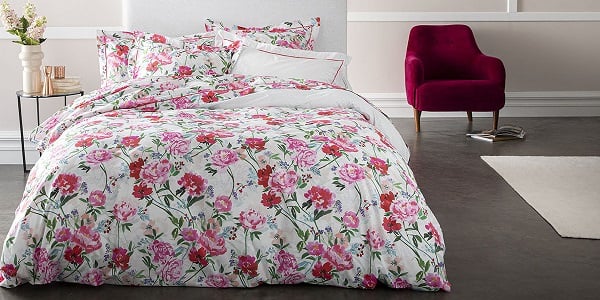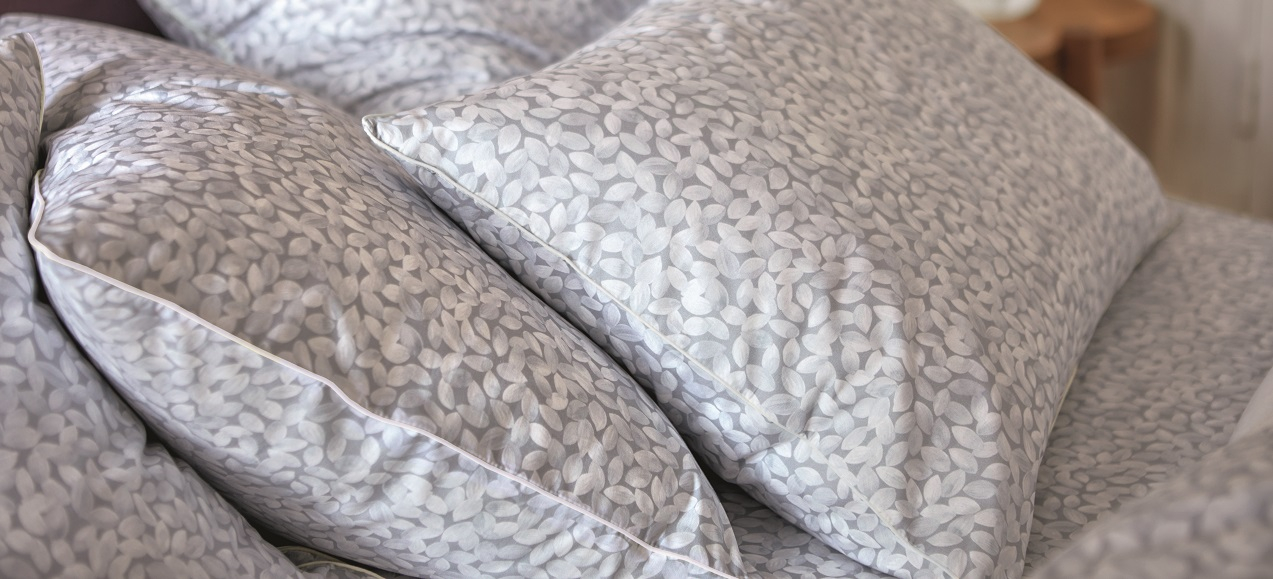Sleep, an essential pillar of our health and well-being, has intrigued and puzzled us for centuries. One aspect of sleep that often sparks curiosity and debate is the direction in which we rest our heads.
While cultural beliefs like Feng Shui and Vastu Shastra offer specific guidance on
the best direction to sleep for optimal health and energy, the scientific community presents a promising, yet more reserved perspective, suggesting that definitive evidence in this realm remains limited.
In this exploration, we gather the various suggestions surrounding the best sleep direction, with the aim to provide you with a nuanced understanding of tradition and science, and how they contribute to every one’s ongoing quest for a night of restful sleep.
The Intrigue Behind The Best Direction to Sleep
Sleeping in a specific direction is a topic steeped in cultural and spiritual significance. In many Eastern traditions, such as Feng Shui and Vastu Shastra, the orientation of one's bed is believed to influence not just sleep quality but overall life energy. These practices suggest that aligning our bodies in certain directions while we sleep can harmonize our internal rhythms with the natural world.
Feng Shui Insights
Feng Shui, the ancient Chinese art of placement, advocates for sleeping with your head pointed in specific directions to enhance chi, or life energy. The belief is that this alignment promotes better sleep and, by extension, improved overall well-being.
Vastu Shastra's Perspective
Similarly, Vastu Shastra, an Indian system of architecture and design, posits that the direction your head points while sleeping can impact your health and happiness. For instance, sleeping with your head towards the south is often recommended to ensure deep, restorative sleep and to maintain a healthy balance in life.
A Look at Scientific Research
On the scientific front, research into the impact of sleeping direction on overall health and well-being has been documented in terms of observing blood pressure, as well as ailments such as sleep apnea. While some studies have explored the effects of electromagnetic fields on sleep quality, the need for more clinical tests are still needed to support claims. However, most sleep experts agree that while the direction of sleep might hold cultural significance, the quality of sleep is more likely influenced by a combination of factors such as the
sleep environment, mattress comfort, and personal health conditions.
Practical Bedroom Layout Tips To Optimize Your Sleep Environment
While the best direction to sleep might be a matter of personal or cultural preference, there are universally acknowledged ways to optimize your bedroom for a better night sleep experience. These practical tips focus on creating a sleep-friendly environment, regardless of the compass direction your bed faces.
Sleep Direction
In both Feng Shui and Vastu Shastra, the auspiciousness of sleep direction is nuanced. Feng Shui
cautions against sleeping with the head facing directly north or northeast, as it is believed to disrupt energy flow and lead to restlessness. Vastu Shastra, similarly,
advises avoiding these directions and suggests southeast or southwest orientations to align with the Earth's magnetic field for a restorative night's sleep.
Position of Bed
Another key aspect of both Feng Shui and Vastu Shastra is not just the direction of the bed, but also its position within the room itself. It's often recommended to place the bed so that
you have a clear view of the room's entrance, but not in direct alignment with the door. This positioning is believed to offer a sense of security and calm, conducive for sleep.
Avoid Bedroom Clutter
A clutter-free bedroom is another universal recommendation for good sleep hygiene. Excess clutter can create a sense of chaos and stress, which may impede your ability to relax fully. Keeping your sleeping space tidy and minimalistic may help in creating a tranquil environment. In addition to minimizing clutter, it is recommended
to leave space around the bed, possibly with nightstands, to allow for an unobstructed flow of energy and to maintain a balanced, harmonious bedroom atmosphere.
Lighting
Soft, calming colors and dimmable lighting can create a serene atmosphere, making it easier to wind down at night. Consider incorporating
layered lighting solutions such as soft bedside lamps or wall-mounted sconces, which provide gentle illumination without the harshness of overhead lights.
Enhancing Sleep Quality through Bedroom Environment and Design
The overall environment of your bedroom is crucial in determining your sleep quality. A tranquil atmosphere, achieved through a minimalist approach, may contribute to many restful nights ahead. Minimalism in bedroom design isn't just about having fewer items; it's about creating a space that fosters a sense of calm and serenity.
Opt for Natural Elements and Soothing Colors
Incorporating natural elements like plants or using natural fibers in bedding and curtains can enhance the bedroom's calming effect. Additionally, choosing soothing colors for walls and decor can further promote a restful environment. Soft, muted tones are often recommended for their ability to create an inviting space to help you sleep.
Reduce Use of Electronic Distractions
Part of creating a minimalist and sleep-conducive bedroom is minimizing electronic distractions. Keeping gadgets out of the bedroom can help in establishing a stronger mental association between the space and relaxation, further promoting better sleep hygiene.
Quality Bedding for Aesthetic & Comfort
In a minimalist bedroom, the bed often becomes the focal point. Investing in
high-quality bedding is crucial for a good night's sleep. Comfortable mattresses, supportive
pillows, and breathable bed linens, including
fitted sheets,
flat sheets, and
duvet covers, may significantly prevent issues such as back pain to enhance your night sleep experience, while simultaneously adding a touch of sophistication to your bedroom decor.
Embracing Tradition and Comfort With Your Sleep Direction
As we journey through the realms of cultural beliefs and scientific insights, it becomes evident that the quest for the perfect night's sleep is as much about personal comfort as it is about tradition and research. While the notion of the best direction to sleep may carry cultural significance and intriguing possibilities, the key to unlocking the doors to a peaceful night’s sleep lies in a
harmonious blend of a conducive sleep environment and personal well-being.
In the end, whether you choose to sleep facing north, south, east, or west, remember that the best direction to sleep is one that leads you to a peaceful night's rest. Embrace the wisdom of tradition, the findings of science, and the luxury of comfort as you drift into the world of dreams, wrapped in the embrace of serene surroundings and sumptuous bedding.
Explore the world of
Anne de Solene and discover how the art of fine bedding can transform your sleep experience, one night at a time.



